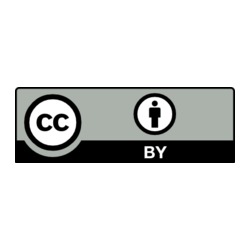You are free to:
- Use and reproduce the work for your own purposes
- Modify the work and adapt it into your own projects
- Distribute the work and share it with others
However, you must NOT do any of the following:
- Lock the work with any technical protection measures (TPMs) or digital rights management (DRM)
Your freedoms under this license apply to all copyright that vests in the work. However, you still must ensure that you do not infringe any:
- Trade-marks
- Patents
- Neighbouring rights (ie. rights in a sound recording or performance)
- Database rights (where applicable under European law)
- Moral rights
The licensor makes no guarantee to you as to:
- The quality of the work. Keep in mind that the work may contain inaccuracies and errors. It may be entirely unsuitable for your purpose.
Note that the licensor does include a "noninfringement warranty", providing a guarantee that he or she owns all of the rights which the license claims to grant.
The license also contains a general disclaimer of liability. In most cases, you cannot sue the licensor, even if you suffer injuries or financial harm due to errors, inaccuracies, or faults on the part of the licensor.
Even if the licensor releases a new version of the license with different terms, you can continue your use of the work under the original license.
However, if you retrieve an updated copy of the work, it may then come under the terms of the new license.
The license does not specify a forum for any lawsuits. If a legal dispute arises between you and the licensor, courts will decide upon the location for the hearing based on how strongly the legal issue connects to the jurisdictions involved.
The license does not specify the particular law that a court is to apply when resolving a dispute. To interpret the license, courts will determine the appropriate law based on how strongly the legal issue relates to each jurisdiction involved.





